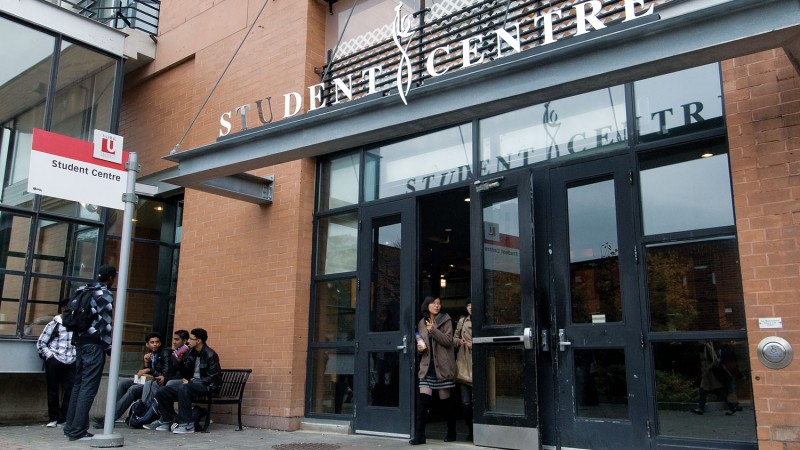Shahroze Rauf | News Editor
Featured Image: Students had the opportunity to opt-out of non-essential fees this year, impacting student organizations across Ontario. | Courtesy of Brandon Lorenzetti
The last day to opt out of non-essential fees under the Student Choice Initiative (SCI) has long passed. However, student groups that are funded by these fees have yet to experience the full drawbacks that they will have to face due to reduced funding.
According to Acting Chief Spokesperson for York Yanni Dagonas, “York used a student-centred approach to fulfill the mandate of the Provincial Government’s SCI. Using the Ministry guidelines as a foundation for categorization, and after consultation with all student levy groups and the York community, a list of essential and non-essential supplementary fees was developed.”
During the time before the deadline, student groups attempted to spread awareness about the SCI and its potential impact on students and organizations alike.
The YFS provided students with clear answers as to how opting-out could affect them and why students should continue to pay non-essential fees.
“From the largest orientation week in the country, to the cheapest printing on campus, we strive to make sure students feel supported on this campus. We encourage you and your friends to maintain your membership in the YFS so we can continue to provide the same important services to the same capacity as we usually do,” states the official YFS website.
Some students agree with this sentiment. First-year master’s student Ethan Saks believes that the student body and student organizations in general contribute to campus culture.
“It goes without saying that without an involved student body, university campuses would be unbearably dry; the ‘university experience’ is enhanced, and for some, including myself, shaped by the extracurriculars they participate in, and by the services that are offered to them,” says Saks.
He adds that taking away money from groups would only impact students at York negatively.
“If members of that student body are unhappy, or feel unsafe, everybody could feel the residual effects,” says Saks.
“These fees may seem non-essential to others, but I feel they really help to fuel a lot of things on this campus that we don’t really see. A lot happens behind the scenes,” adds fourth-year psychology student Alejandra Tobar.
And it is not only the YFS that provides resources and benefits for students through these fees. Fifth-year music student Josh Buckley says that these fees have helped Winters College immensely.
“All of the social events in Winters College are part of the non-essential fees. Even orientation week as I understand fell under the category of non-essential, and I’m looking at all the first-year students in the junior common room now that have found a community because of it. The students benefit from these fees and they aren’t ridiculously high,” says Buckley.
This sentiment seems to resonate across the campus. Dagonas says most students have chosen not to opt out of fees classified as non-essential. How this will affect student organizations is yet to be determined.
“Opt-out numbers vary by student organization and thus impact will vary as well. It is too early to draw conclusions about the impact on the student experience. Each of the student organizations will have a clearer picture once they consider the implementation to their budgets,” says Dagonas.
Dagonas adds that the office of the Vice-Provost Students will be available to meet with campus groups to discuss the impact of students who have opted out.




